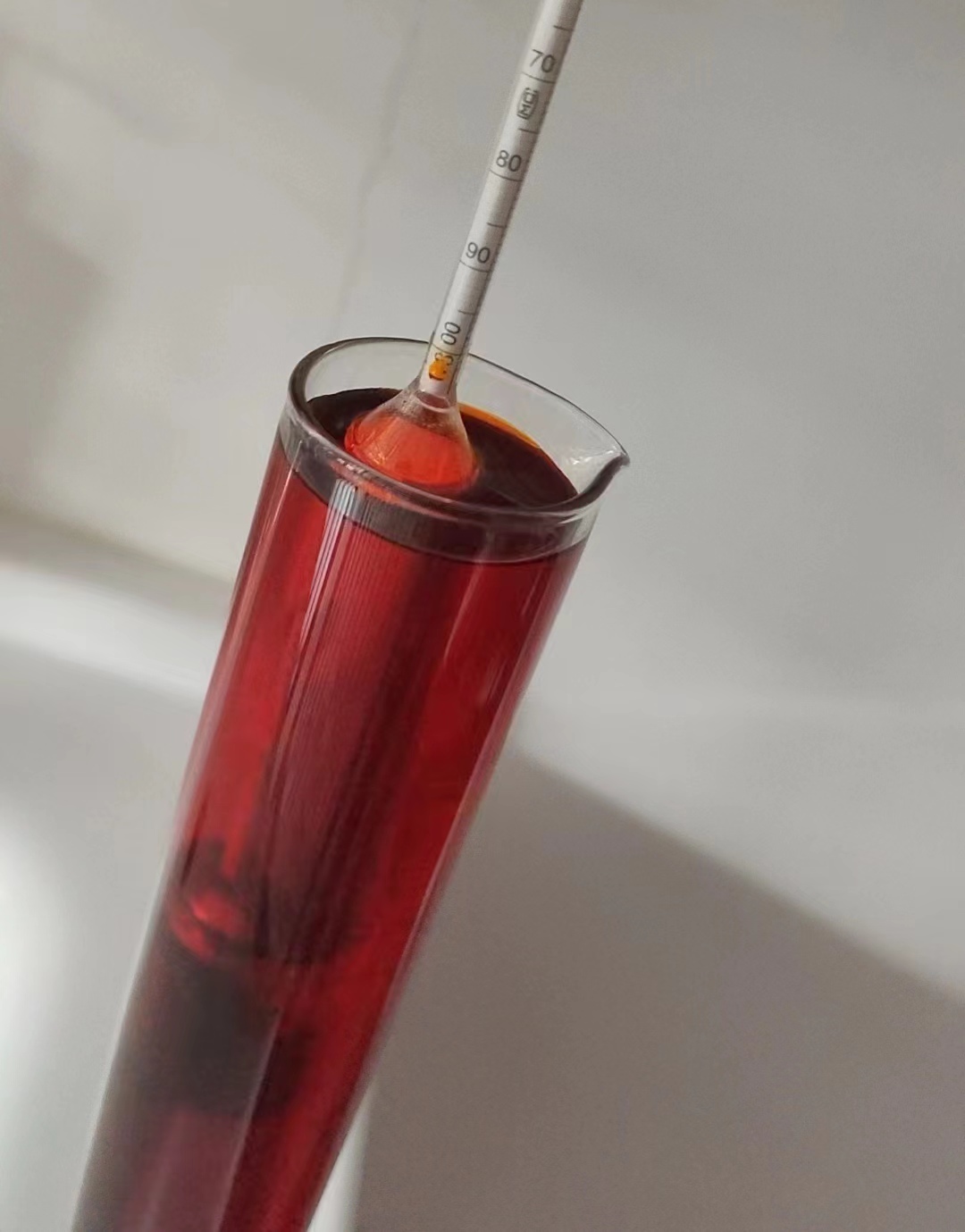product details:
Apply1. Used in agriculture as a fungicide and nematocide. Nematodes are a very harmful plant parasite. There are as many as 10,000 species of economically harmful plant parasites, of which at least 150 are harmful to plant life. Plant parasitic nematodes have been known since 1750. Most nematodes damage crops by feeding on the roots of plants, so these nematodes are mainly found in the roots or the upper few inches of soil immediately adjacent to the roots. Nematode feeding can cause hypertrophy or gall formation, and signs of serious infection are stunted plant growth, greying of leaves, wilting, and in extreme cases, plant death. Crops and ornamental plants all over the world can be attacked by parasitic nematodes. Among the most damaging nematode species are the root nodulate nematodes that live on tomatoes, alfalfa, cotton, corn, potatoes, citrus and many other crops. So far, there is no good method to prevent and cure nematodes, but sodium thiocarbonate has a remarkable effect on controlling nematodes and soil diseases.
2. Treatment of heavy metal ions in wastewater. Heavy metal wastewater comes from electroplating, mining, chemical and other departments, mainly from mine drainage, waste rock field leaching water, tailings drainage, non-ferrous metal smelter dust drainage, non-ferrous metal processing plant pickling water, plating washing water in electroplating plant, pickling drainage in steel plant, as well as electrolysis, pesticide, medicine, paint, pigment and other industrial wastewater.


 News Content:
News Content:
